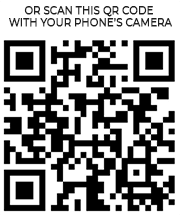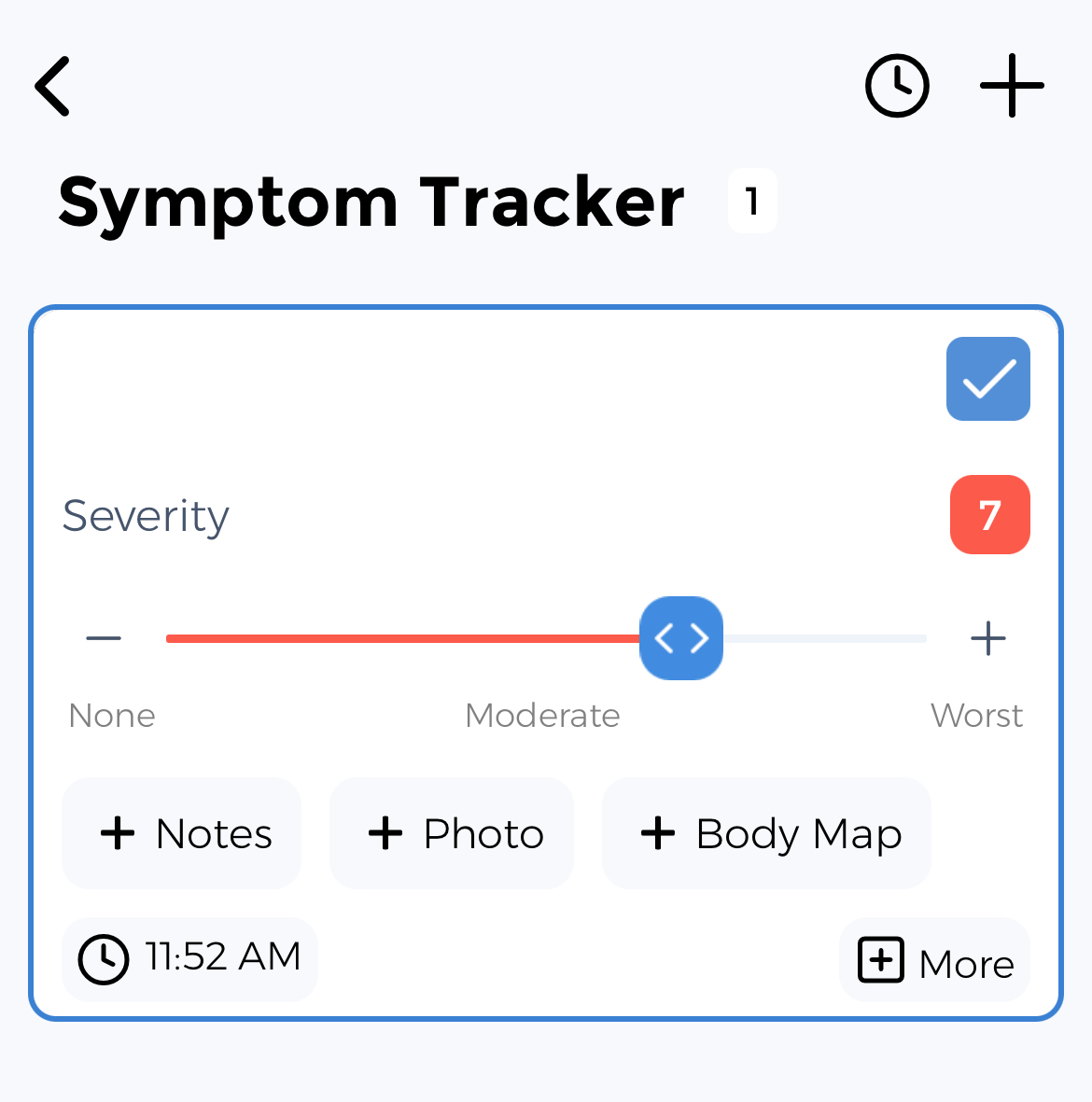Anxiety Disorders Symptom Tracker: Your Health Assistant
Living with Anxiety Disorders means dealing with excessive worry, restlessness, fatigue, and more. But here's the truth: Data is your most powerful tool. Every logged symptom reveals patterns—so you can take informed action.
Anxiety disorders encompass several conditions characterized by excessive fear, worry, and related behavioral disturbances. They include generalized anxiety disorder, panic disorder, social anxiety disorder, specific phobias, and others. Tracking symptoms helps identify triggers, monitor treatment effectiveness, and prevent relapse.
Key Anxiety Disorders Symptoms You Should Track
Struggling with symptoms like these? Tracking them reveals patterns, triggers, and how they impact your daily life.
Excessive worry
Restlessness
Fatigue
Difficulty concentrating
Irritability
Muscle tension
Sleep problems
Panic attacks
Avoidance behaviors
Racing heart
Shortness of breath
Sweating
Track Your Anxiety Disorders Treatments
Tracking how these common treatments affect your symptoms can help you and your healthcare provider optimize your care plan:
Our tracker helps you monitor when you take medications and how they affect your symptoms over time.
Standardized Anxiety Disorders Assessments
Complete these evidence-based assessments in the App to measure your severity and monitor your progress:
⚡ Knowledge Is Your Superpower
The difference between feeling overwhelmed by Anxiety Disorders and feeling in control starts with data. When you track your symptoms, you transform uncertainty into clarity. Every data point brings you closer to understanding your unique patterns.
It's free to try for anyone—whether you're managing your own condition, supporting a child, helping an aging parent, or assisting a partner. Our tracker adapts to your specific role in the health journey.
How the CareClinic Anxiety Disorders Symptom Tracker Adapts to Your Needs
Adults
Caregivers
Parents of Children
Young Adults
Your Complete Anxiety Disorders Management Toolkit
Uncover Patterns & Insights
Map your Anxiety Disorders symptoms like a detective solving a case.
Understand Your Medication's Impact
Turn guesswork into strategy. See how treatments affect your well-being with clear health insights.
Objectively Measure Your Progress
Use clinically validated tools to objectively measure your progress.
Other Tools You May Like...
Plus 2 more specialized tracking tools available
Access All Tracking ToolsAlso Supports Other Conditions Like
Major Depressive Disorder Tracker
Major Depressive Disorder warriors use our tracker to monitor persistent sadness, loss of interest.
Obsessive Compulsive Disorder Tracker
Obsessive Compulsive Disorder warriors use our tracker to monitor intrusive thoughts, compulsive behaviors.
Post Traumatic Stress Disorder Tracker
Post Traumatic Stress Disorder warriors use our tracker to monitor flashbacks, nightmares.
Substance Abuse Tracker
Substance Abuse warriors use our tracker to monitor cravings, withdrawal symptoms.
Success Stories from Our Community
"This tracker transformed my Anxiety Disorders management. After feeling isolated by my condition, but now I can take control instead of feeling helpless and that's been life-changing."
"Using the various trackers together gave me a complete picture of my Anxiety Disorders. After a month of using the trigger tracker, I could predict my shortness of breath cycles, while the medication tracker showed me how to improve my daily management."
Take Control of Your Anxiety Disorders Journey
Transform from feeling like a passive patient to becoming an informed self-advocate. Join thousands who've discovered new insights about their condition.
Designed by people who understand the daily challenges of managing chronic conditions, we're here to support you and your ❤️ ones.
Download Your Anxiety Disorders Tracker NowYour Data is Protected
Private & Secure
HIPAA Compliant
GDPR Compliant
Never Sell Data
Your data is yours: You get full control over who can view your information. CareClinic keeps all your data secure and encrypted.
References based on studies by:

